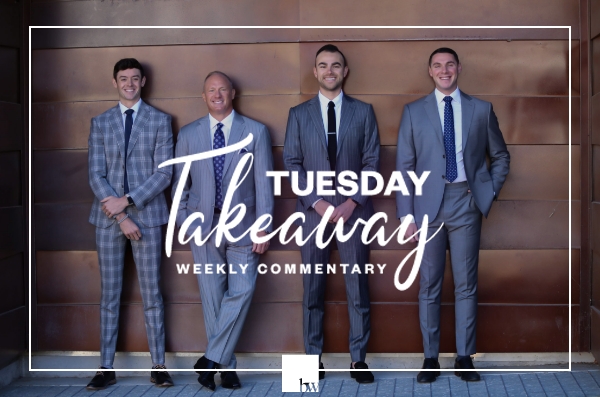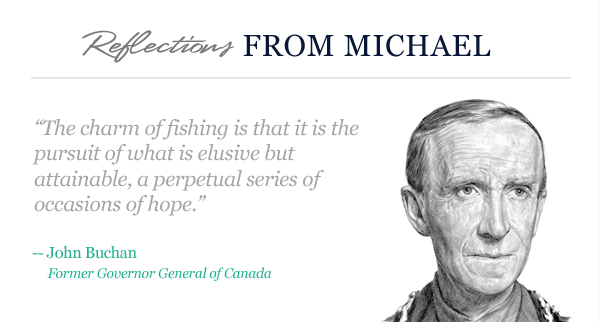
Market Insights:
January 2, 2024
Posted on January 02, 2024
Planning and Guidance, Tailored To Your Life and Goals
Tuesday Takeaway
Posted on January 18, 2017

“The new year began with high hopes, with the bulls expecting the rally that began with Donald J. Trump’s election victory to continue into 2017, while the bears salivated at the opportunity presented by a market that had gotten way ahead of itself. Instead, the market has failed to break up or down…At his press conference last week, Trump covered a lot of ground…But he didn’t cover the three subjects investors especially wanted to hear about – namely taxes, fiscal policy, and infrastructure. As a result, some of the primary beneficiaries of the Trump trade stalled: The S&P 500 Financials index declined 0.1 percent, while the energy sector dropped 1.9 percent.”
Investors in the Asia Pacific region were less optimistic last week, too. Disappointing economic and international trade data from China unsettled markets, as did uncertainty about the global trade policies the new U.S. administration will pursue. National indices for Australia, Japan, China, Indonesia, Malaysia, and the Philippines finished the week lower. In the United Kingdom, the FTSE 100 gained for the 14th consecutive day, closing at an all-time high for the 12th time in as many days, according to Trading Economics. Bloomberg reported European shares eked out a gain for the third straight week. Financials led the way after a large industry firm reported better-than-expected profits, inciting optimism about fourth quarter’s earnings season.
“The dollar is now trading at a 14-year high in trade-weighted terms. Emerging-world economies may struggle to pay off dollar-denominated debts. American firms may find themselves at a disadvantage against foreign competition. And, American tourists will get more burgers for their buck in Europe.”
A Big Mac in the United States cost about $5.06 last week. In the Euro area, the price was about $4.06 and in Britain $3.73. A Big Mac is cheapest in Russia ($2.15) and most expensive in Switzerland ($6.35). Here are the prices of a Big Mac (a.k.a. the Maharaja Mac in India) in a few other locales: ]]>
]]>